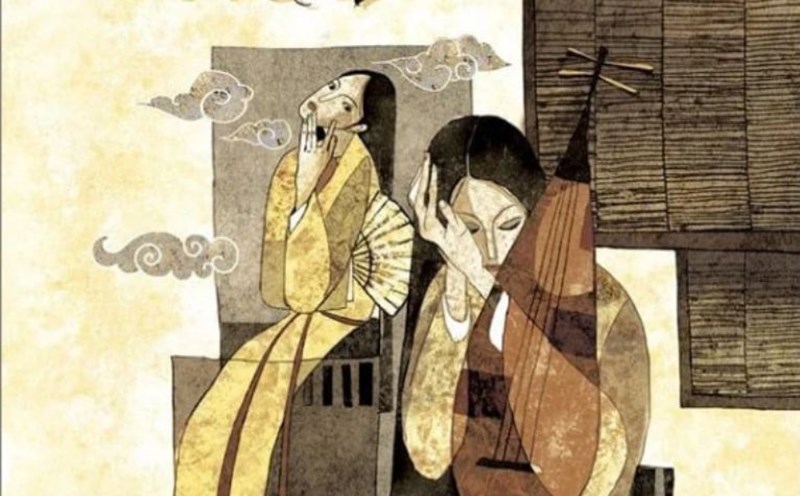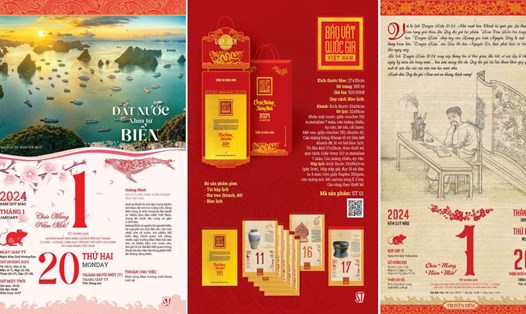In the treasure trove of Vietnamese literature, there are works that have vuotched the scope of the times, become immortal and a core part of the nation. The story of Kieu by the great poet Nguyen Du is a classic work, a " sparkling gem" reflecting the depth of ideology, morality and deep feelings about human fate in feudal society.
Over the years, the number of Korean translations of the word Nom and the national language, including both handwritten and modern printed versions, has reached hundreds. To continue this journey of discovering and disseminating this masterpiece, the Truth National Political Publishing House has just published and introduced to the public 5 publications of Truyen Kieu including: Kim, Van, Kieu Truyen translated and illustrated by Truong Vinh Ky; Truyen Thuy Kieu (New School) edited by Bui Ky - Tran Trong Kim Hoai; Kim Van Kieu with an introduction by Bui Khanh Dien; Kieu with an introduction by Ho Dac Ham and Truyen Kieu (New School) edited and illustrated by Nong Son Nguyen Can Mong.
With a heart full of love and sympathy for human pain, Nguyen Du recounted the wandering and professional life of a Kieu - a daughter of a talented and lucky girl. The image of Kieu has gone beyond the fate of a literary figure to become a symbol of human identity, of the aspiration for love, freedom and justice (Excerpt from Publishing House's words). Because of its constant inner value, Truyen Kieu is immersed in the bay, preached, lectured, and researched in many forms, from ancient handwritten copies to the most modern printed publications.
The five publications introduced by the Truth National Political Publishing House this time help contemporary readers open more doors to enter the world of Nguyen Du's ghost song competition. Each edition bears the mark of an academic, the pronunciation is characteristic of the language, culture and academic thinking of each period. In addition to the localization, the scholars also researched, compared, contributed and explained very carefully. From the explanation of typical cases and stories, clarifying the use of ancient words, to the explanation of culture and customs, expressing the profoundness of researchers and the passion for Nguyen Du's heritage.
Through the publishing of this five valuable academic works, readers have the opportunity to access diverse versions of Tryen Kieu in form (anwortations, captions, explanations, and corrections).
Through the works, readers will also feel the beauty of a masterpiece of poetry, helping the public feel the depth of thoughts, the depth of life and the breath of the times of an invaluable spiritual heritage of author Nguyen Du.
Each Kieu version is a cultural relic, a step of the language process, and above all, is a testament to the immortal vitality of Truyen Kieu's masterpiece in the hearts of the Vietnamese people.
The structure, spelling, grammar and ancient words used in the early stages of the development of the national language were still maintained in the year of publishing Truyen Kieu.
Each time we read the Korean drama is an opportunity for us to love the Vietnamese language more, appreciate traditional culture more and be more aware of preserving, continuing and enriching the invaluable spiritual heritage of our ancestors.










